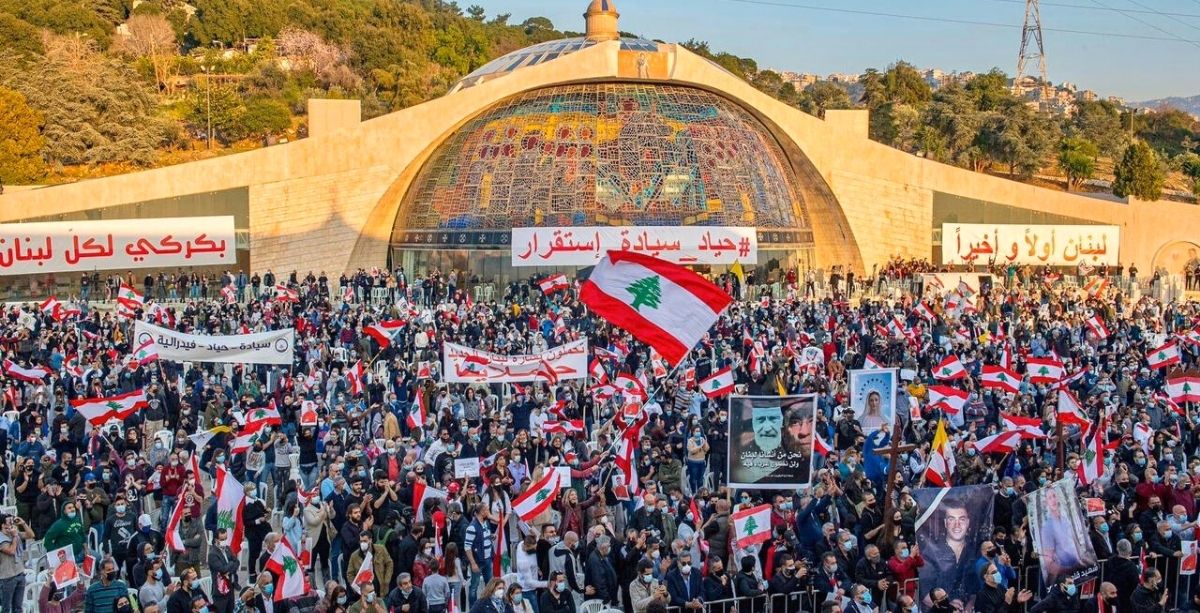The latest term to invade the Lebanese political playground is “internationalization,” a term that has appeared and reappeared in the crisis-ridden country several times since its independence.
The call for internationalization emerged most recently with Patriarch Bechara Boutros Al-Rahi’s advocacy of Lebanon’s neutrality and his opposition of illegal arms.
The controversial call, vehemently opposed by Hezbollah, has sparked additional disagreement on the Lebanese stage and, given the collapsing country’s political opponents, one more thing to fight over.
But what exactly does entail the internationalization path that the Patriarch and those who have rallied behind him have been trying to take?
Simply put, the internationalization of a cause or a conflict in a certain country means placing the issue in the hands of the international community so that it can be resolved through external intervention.
The intervention, which must be vocalized and actively pursued for it to take place, can manifest in one or several matters, ranging from direct military action to diplomatic or security resolutions.
One example of the latter is the United Nations Security Council (UNSC) Resolution 425, adopted on March 19th, 1978, a few days after Israel invaded Lebanon in the context of Palestinian insurgency in the then-war-torn country.
The Resolution was the outcome of the Lebanese government’s direct request for international intervention, and it called for the immediate withdrawal of Israeli forces from Lebanon and established the presence of UNIFIL on its territory.
While it is common for governments to request such interventions, the internationalization of a certain dispute may, in fact, be initiated by any party, official or non-official, such as, in the current case in Lebanon, the Patriarch.
One example of this is the 2004 UNSC Resolution 1559, which called on “all the remaining foreign forces (Syria) to withdraw from Lebanon” and for “the disbanding and disarmament of all Lebanese and non-Lebanese militias.”
That Resolution was mostly the outcome of the efforts of Lebanese expatriates, and it was opposed by the Lebanese authorities.
The Special Tribunal for Lebanon (STL), established to investigate the 2005 assassination of former Lebanese Prime Minister Rafik Hariri, also serves as an example of internationalization.
Notably, to establish the STL, the 7th Chapter of the United Nations Charter was invoked. Here’s what you need to know about Chapter VII.
















